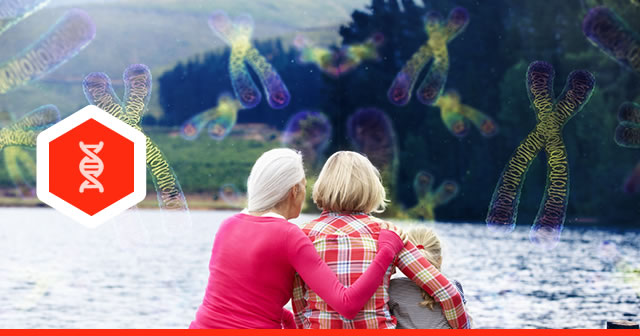
October is National Breast Cancer Awareness Month, and people everywhere are helping raise awareness and support through runs, walks, events – and, at the Weizmann Institute of Science, lots and lots of lab work.
Before breakthroughs in breast cancer research ever appear in the news or on the market, there are cadres of researchers working tirelessly, largely unseen, to develop these improvements. At the Weizmann Institute, these scientists are coming together from across the fields – biologists and mathematicians, geneticists and chemists, plants scientists and physicists – in the interest of defeating breast cancer.
The Institute’s reputation is such that the Susan G. Komen Breast Cancer Foundation provided it with support for research that helped develop Herceptin (trastuzumab), one of the first – and most widely used – breast cancer drugs on the market. With the Institute’s new Moross Integrated Cancer Center (MICC), which will enable highly specific focus on individual cancers, breast cancer research will only become more refined, personalized, and effective. The MICC is dedicated not only to prevention, diagnosis, and treatment, but to actively moving new therapies from the lab to the clinic.
Here are just a few of the Weizmann Institute’s accomplishments in fighting breast cancer:
-
Prof. Hadassa Degani developed an FDA-approved technique called three time point, or 3TP, which is a non-invasive way to diagnose breast cancer. Her technique – now used worldwide – spares patients the pain and risk of biopsies.
In other research, Prof. Degani revealed how tamoxifen, the hormonal drug widely used to prevent and treat breast cancer, works. She also revealed how tamoxifen produces its anti-tumor effects on the molecular level, which could lead to a new way of monitoring the effectiveness of breast cancer treatments.
-
A photodynamic cancer therapy developed by Profs. Avigdor Scherz and Yoram Salomon is now in clinical trials at New York’s Memorial Sloan Kettering. The technique is proving successful at treating the tumor at the site, without damaging surrounding tissue. While it is currently being tested for prostate cancer, breast cancer is also a planned target; in fact, the Komen Foundation supports Prof. Scherz’s research.
-
The BRCA mutations – BRCA1 and BRCA2 – are tumor suppressors often called the “breast cancer genes.” Both mutations are linked to triple-negative breast cancer, which is being studied by Profs. Michael Sela and Yosef Yarden, who focus on the HER2 family of receptors. The triple-negative form of breast cancer is notoriously drug resistant and hard to treat, but Profs. Sela and Yarden recently identified a potential solution: attacking it with two antibodies at the same time. In a study in mouse models, they showed that the two-antibody combination successfully prevented the growth and spread of triple-negative breast tumors.
-
Prof. Ari Elson is investigating genomic and DNA clones related to BRCA1, and studying BRCA1’s relationship to the growth of mammary cells. Interestingly, he is also examining BRCA1’s connection to reduced breast cancer risk during pregnancy and lactation.
These dedicated Weizmann Institute scientists believe in the power of research to prevent, diagnose, and treat breast cancer in new, more powerful, more personalized ways. In turn, donors show their belief in the scientists by supporting their critical research. For the sake of women everywhere, join us. Be a partner in our common war against breast cancer – this month and every month.
